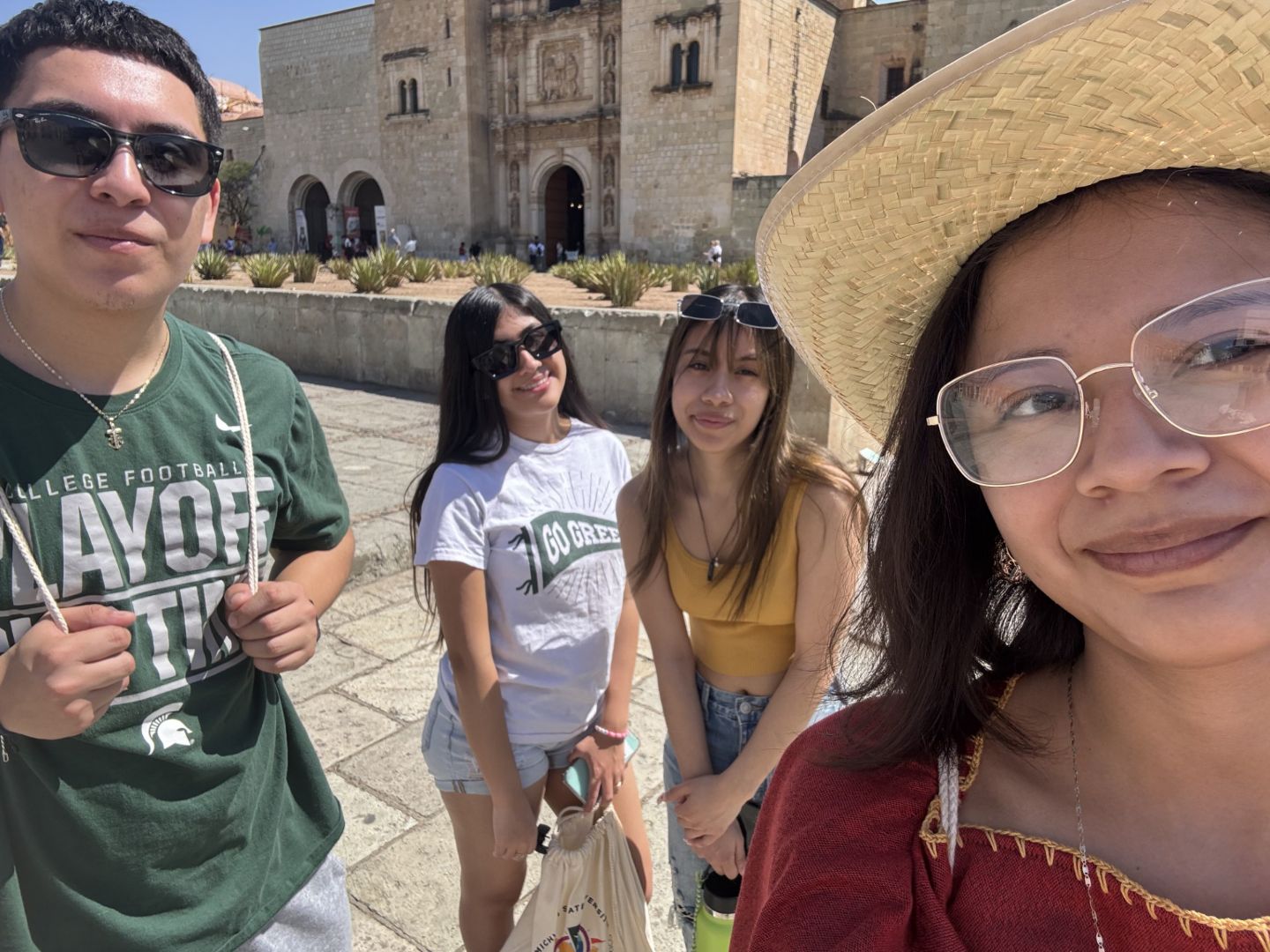Funding and Scholarships
Cost Considerations
When choosing an education abroad program, cost is one of the many important factors to consider. Most programs in the EA Program Search will have a student budget from the current or previous year posted online. Use these, along with some research or reflection on your own preferences and spending habits, to compare the costs of your preferred EA programs.

Factors to consider:
- Location-- the location of a program can greatly influence the cost. Students should first and foremost consider their academic goals and how they relate to different programs. Students should also consider the costs of travel to and from the host location, currency exchange rates, and the daily costs of living when evaluating program opportunities.
- Duration-- while the “sticker price” of a short-term program (during summer or winter)
may be lower than a long-term program (during the fall or spring semester), it is
important to consider costs in context. You can determine the cost-per-day or week
of a program by dividing the total cost by the number of days/weeks the program runs.
Keep in mind that fixed costs, such as your flight, may be similar regardless of whether
your program last for one week or three months.
Financial Aid
Generally, you can apply your current financial aid and scholarships to an EA program. However, since each funding source is unique and rules may change year-to-year, you must contact the MSU Office of Financial Aid to understand how your specific funding package can be applied to an education abroad program. Unfortunately, because of the limits of confidentiality and expertise, this is not something about which anyone outside of the Office of Financial Aid can advise you.
Scholarships & Additional Fundraising
Outside of Financial Aid, there are many additional scholarship and funding resources available to you!
-
Scholarships and financial aid are available to help you get on your way with Education Abroad.
MSU and NatSci are committed to the accessibility of education abroad. Programs are available in a wide variety of types, lengths, and costs.
To learn more about funding education abroad, visit the Scholarships and Fundraising page on the EA website. Many students are able to use scholarships, grants, and loans toward education abroad programs. Any student who wishes to use financial aid on education abroad should consult with the MSU Office of Financial Aid about their particular situation. Further information can also be found on the EA Financial Aid and Loans page.
Students with majors in the College of Natural Science are eligible for scholarships from NatSci.
The College of Natural Science offers a limited number of Education Abroad scholarships to qualified NatSci students each term. To apply for an EA scholarship from NatSci, students must indicate on their MSU EA program application that they wish to be considered for a scholarship. Students who indicate this will simultaneously be considered for awards from both MSU EA and NatSci. No additional application is necessary.
Please note the eligibility requirements and preferences below. Please be aware that these requirements may differ from MSU EA scholarship requirements.
Eligibility & Qualifications:
- Undergraduate students at MSU with a major in the College of Natural Science* at the time of application and participation in EA.
- Participating in an MSU-sponsored education abroad program.
a. All sponsored program types are eligible, including faculty-directed, exchange/direct enroll, customized, international internship/research, and affiliated programs.
b. Preference may be given to programs sponsored by NatSci. - Preference will be given to students with financial need who have not previously studied abroad (exceptions may be made for previous first-year seminar abroad participants).
- Scholarship recipients are expected to share at least one update about their EA experience with the NatSci community. Instructions will be provided in the award letter.
- Scholarship application deadlines align with the deadlines to apply for EA programs: October 1 for Winter Break and Spring Semester programs, January 15 for Spring Break programs, and February 15 for Summer, Fall, and Academic Year programs.
- All applicants will receive a decision within one month of the deadline for their term.
- Awarded scholarships are tied to a particular semester and program. Awards may not
be deferred to a later semester.
a. If a student withdraws from EA, they may apply again for a scholarship in a future semester.
b. If, after being awarded a scholarship, a student must change EA programs due to circumstances beyond their control (such as program cancellation), the student must notify natsci.explore@msu.edu with an explanation.
c. If a student changes their major outside of NatSci before or during the EA program, they will forfeit the scholarship.
*Note that students in the Lyman Briggs College are not eligible for NatSci scholarships. Please check with your college for opportunities.
- MSU Office of Education Abroad Scholarships
- External Scholarships
- Gilman Scholarship
- Additional Fundraising Suggestions from MSU EA
Depending on the scholarship, award criteria can be based on financial need, academic achievement, identity, destination, area of study, a specific program, or other standards. NatSci scholarships and most MSU EA scholarships require an active EA program application—meaning you usually have to apply to a program without necessarily knowing if you’ll get a scholarship. Remember, scholarships are not guaranteed funding and you.